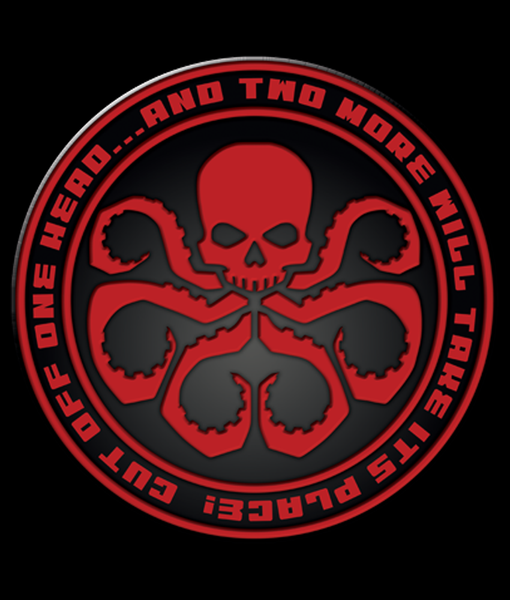Yeah, I know, an atheist isn't supposed to say that. (Whose rule is that, again?) But my choral group performed the chorus "For Unto Us a Child Is Born" from Handel's Messiah this year, and since my regular post this week fell on Christmas, I thought I'd talk about that piece. As an artist, there isn't a more eloquent way to express what it means to me than to play it:
Hands down, this is one of my favorite pieces of music, and always has been. And here, it is performed here by one of the premier groups in the world. But, of course, I'm a non-believer (thus the idea behind the #AtheistEar series) and I approach a piece like this differently than a believer would.
Lyrics are available here...but they're basically Isaiah 9:6:
For unto us a child is born, unto us a son is given: and the government shall be upon his shoulder: and his name shall be called Wonderful, Counsellor, The mighty God, The everlasting Father, The Prince of Peace.
The tradition I was raised in taught that this verse is a prophecy from the prophet Isaiah, who lived about 800 years before the time of Jesus. Handel includes it in his Christmas oratorio because many Christian traditions hold that this prophecy referred to the birth of Jesus, and while that is certainly not how the Jewish people read that passage, it was considered to be a major argument legitimizing Christianity as a sect of Judaism in its earliest days.
Not being a person who believes in the existence of the supernatural, of course I don't accept the Divinity of this story as Gospel (get it?), but the evidence seems to indicate* that there was actually a human being at the center of the Christmas story. Who he was, when he was born, and what his name was are up for debate; who wrote the stories and sermons attributed to him may be an open question; but at the very least, it's safe to say that a small group with a dynamic leader did teach some pretty radical ideas in that corner of the Roman Empire about 2,000 years ago.
I've written recently about the darker, more gruesome side of the Gospel story (see "There Is Power In the Blood"), but for the sake of the Handel piece, I'm only going to focus on the uplifting side today. From a secular humanist point of view, the core teachings attributed to Jesus Christ are pretty important ideas.
After all, he is supposed to have said "Love your neighbor as yourself," which is the essence of the Golden Rule. And his answer to the follow-up question, "But who is my neighbor?" is an undeniably important foundation of a peaceful society. (You might Imagine a more modern artist singing songs about that ideal, too!)
While Christians certainly don't own the original copyright on the idea of universal brotherhood, their influence on Western civilization had a lot to do with the way they championed the idea of using love and forgiveness as the central driving force of human life instead of power and wealth.
It is my opinion that Christians are at their best when they remember the ideals that they share with humanists and progressive or liberal elements of other faiths, and fight to protect the weak against the wealthy and powerful - as Jesus commanded them to do. Of course, I'd be happier if they did that because it is the rational and moral thing to do without the weight of a commandment from a divine character in their mythology... but these days, I think the side of decency needs all the allies it can get, regardless of why they're on that side.
Remember, from where I sit, the entire Christmas story is pure mythology. Aside from the existence of Jesus, there is no reason to believe that any of the accounts given in the Bible are accurate or factual. I know the fact that I see it that way is offensive to some, and I don't say it to be mean-spirited. But I mention it because being fiction doesn't take away from the relevant parts of the story. Dickens only wrote fiction, so there was no actual Ebenezer Scrooge - yet the transformation of Scrooge is still something that I find inspiring. Dr. Who is wildly fictional, but I still take a great deal of joy in the humanist ideals expressed through those stories.
Keep that in mind when I tell you that I enjoy singing a piece like this chorus from Handel's Messiah. I may not believe the same literal story you do, but I believe in the same goal. And I recognize that your intention when you celebrate is to glorify the person who you see as the source of the moral fabric that binds us together, whether I see him that way or not.
For all the pain and terror that can be pinned on Christianity in the course of Western history, Christmas is a festival that tries to focus on that message of love and hope. When Christians stay true to that message, they are at their best, and in our divided, diverse, and often combative world, it's important for all of us to be reminded of that.
* I recommend starting with Bart Ehrman's 2012 book "Did Jesus Exist?" for as neutral an assessment of the historical evidence as you are likely to find.


